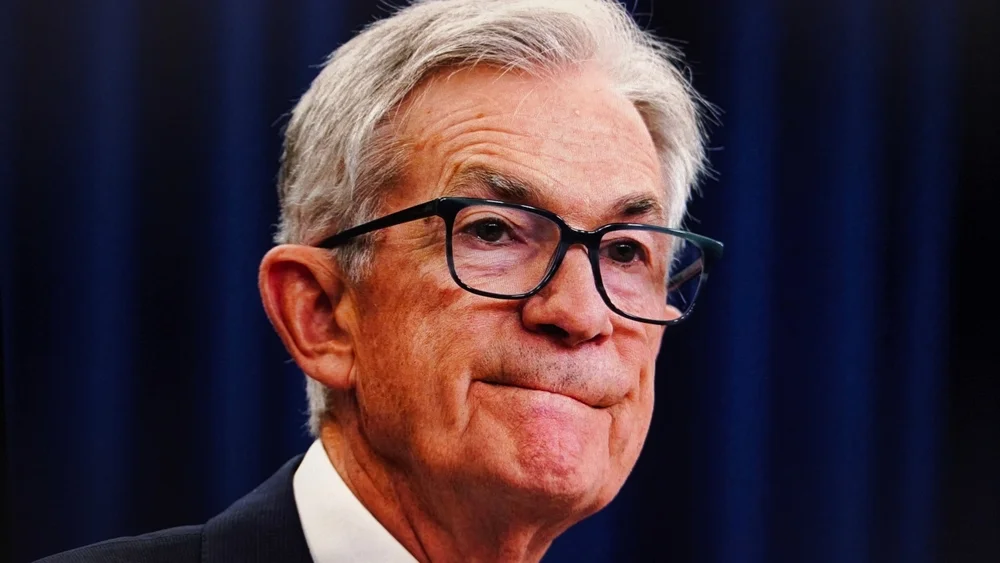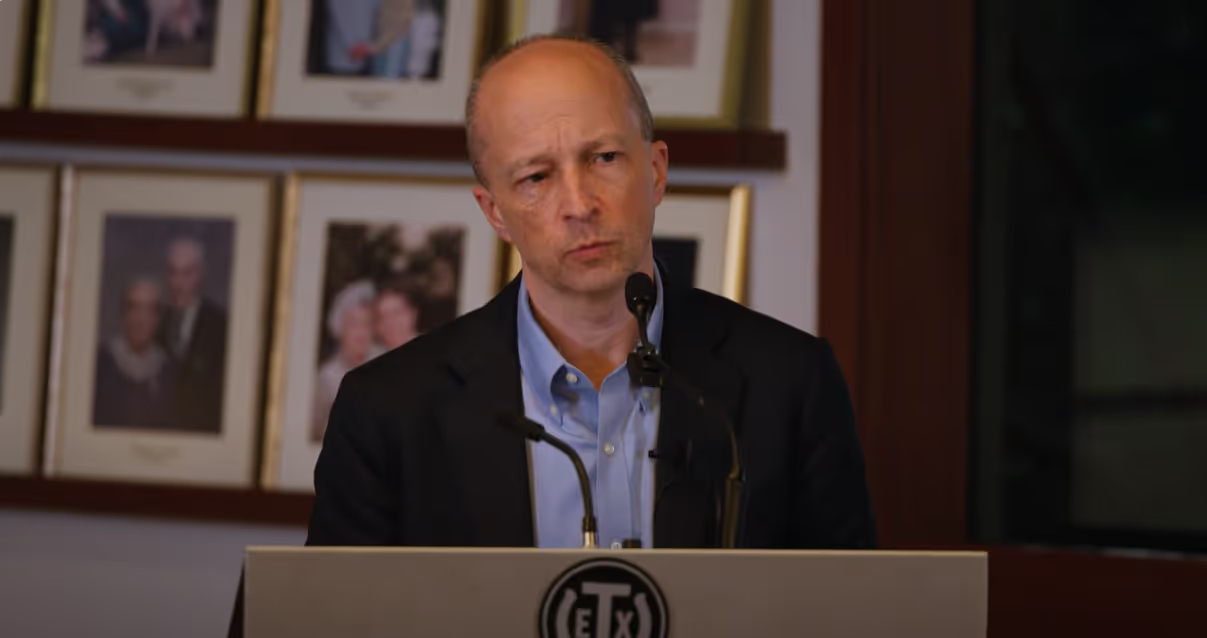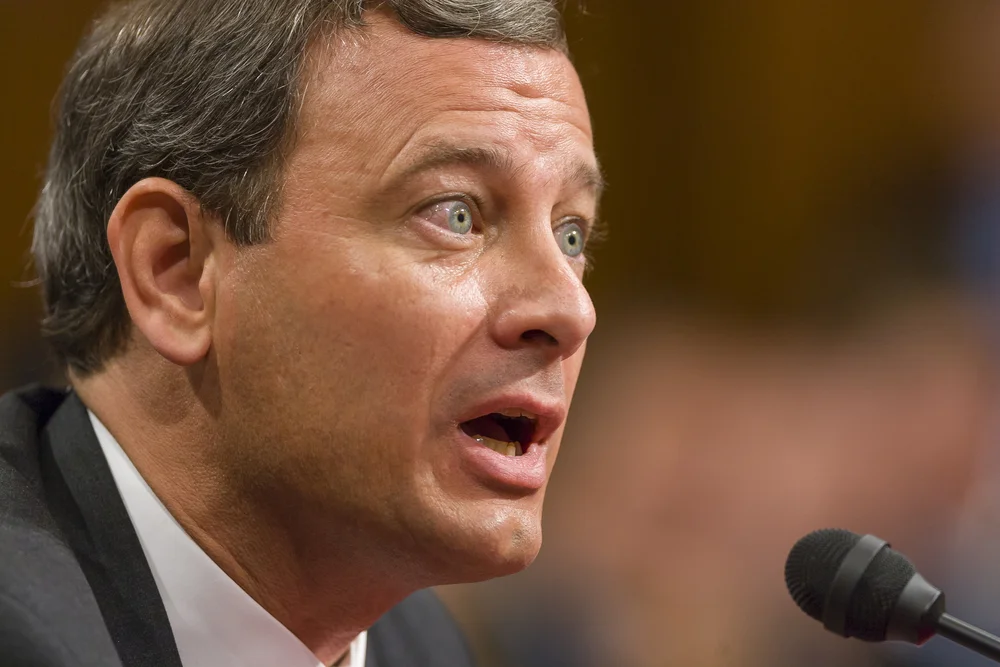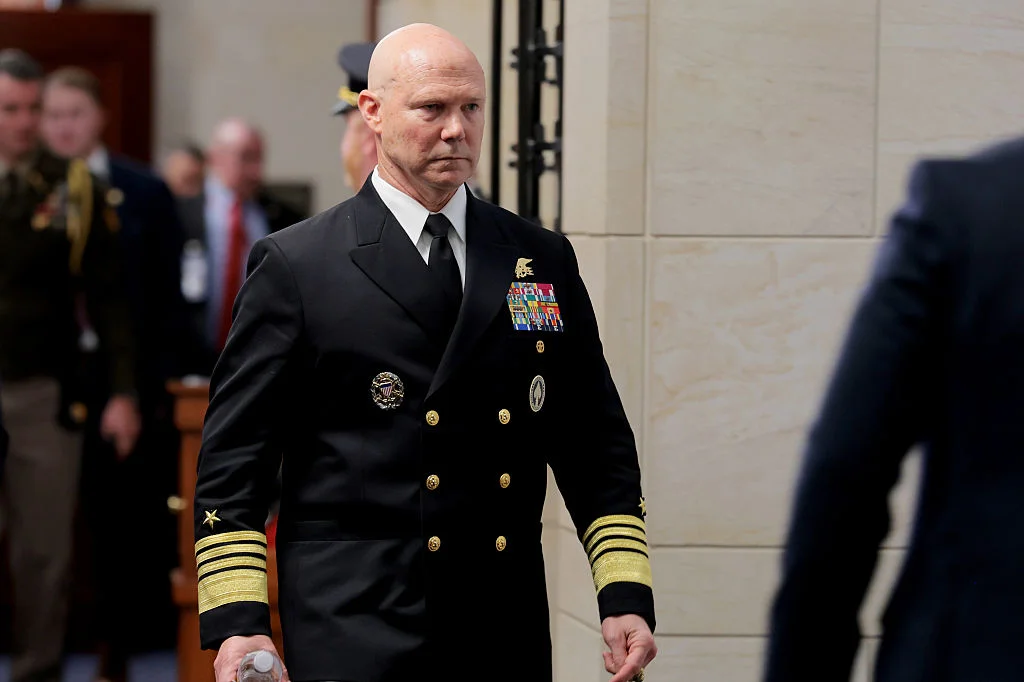.webp)
Creed, Culture, and American Memory
There is a vital and living tension in the makeup of American patriotism, a tension between its universalizing ideals and its particularizing sentiments.
The thing we call “America” has never lacked debates over its self-definition. One could fill a shelf of books about them. But one of the most important, one that has been going on for most of my adult life, is the debate between creed and culture — on the one hand, an understanding of America chiefly as the embodiment of universal principles, and on the other hand, an understanding of America chiefly as a very particular place, a homeland built by a particular people with a particular history, and institutions that are not easily transferrable to peoples who do not share that culture and that history.
For most of the years since the Second World War, the debate has tended to favor the former position. This has been especially true among the college-educated, who have been taught, both explicitly and implicitly, that patriotism is a dangerous sentiment, a cause of arrogance and war, an opiate of the great unwashed, to be regarded by intelligent people with condescending suspicion at best, and outright hostility and condemnation when necessary. Global citizenship, whatever that grandiose term may mean, has always been regarded as a more worthy object of pedagogical attention. If one dared to speak favorably of patriotism at all, it was always paired with a domesticating modifier, a dutiful semantic chaperone: it had to be informed patriotism, or reflective patriotism, not the hairy and untamed autochthonic beast by itself.
The belief that America is best understood as an idea, however, allowed room for a certain moderate form of liberal patriotism, a highly intellectualized affair which could be entertained at a distance from the realities of an actually existing America. The philosopher Richard Rorty expressed this possibility in an influential 1998 book called Achieving Our Country: Leftist Thought in Twentieth-Century America, whose title well expressed its argument: that “America” is an idea that has not yet been achieved, that "the tone of the Gettysburg Address was absolutely right, but that our country would have to transform itself in order to fulfill Lincoln's hopes." Rorty listed authors and books, ranging from Whitman’s Democratic Vistas to John Steinbeck’s Grapes of Wrath and the philosophical works of John Dewey, which had served as signposts pointing in the right direction. But it was the idea that deserved our loyalty.
In this view, patriotism rightly understood has little or nothing to do with affirming an attachment to the actual existing political entity in which one lives and moves and marries and raises children, and for whose sake one’s forebears strove and fought and sacrificed. It should instead be redefined and repurposed to a program of pristine detachment and endless critique, in the name of the highest and most universal ideals.
But that is not the only form that America-as-idea has taken. It is rooted more deeply than that. One finds evidence of this at the very beginnings of the history of the United States. For example, in Alexander Hamilton’s bold contention in Federalist 1 that the American nation was destined to be a test case for all humankind, deciding whether good governments can be constituted by “reflection and choice,” rather than relying on “accident and force.” Such a mission, he added, being universalistic in character, should conjoin “the inducements of philanthropy to those of patriotism” in the hearts of those hoping for the success of the American experiment. He meant “philanthropy” in the amplest sense of the word: the love of humankind. The particular mission of America, in his view, was part of the universal quest of the West, and all of humanity.
This strong sense of aspirational universalism is a crucial part of American national self-consciousness. We would no longer be ourselves if we were to abandon it. But it has its limits, fallacies, and pitfalls, which we should be equally aware of, particularly in the wake of some imprudent judgments we have made in the past three decades of post-Cold War American foreign policy. Vice President J.D. Vance caused unwarranted and overblown consternation in certain quarters when he stated that “America is not just an idea.” But it is hard to see why those words produced such reactions. He did not deny the force of the idea. He denied its sufficiency as an account of what makes America what it is, and why its people love it. Creed can never replace culture, for the conditions that sustain its life and give it momentum.
There can be no doubt that a specific idea of America forms a key element in the makeup of American national self-consciousness. But it is far from being the only element. There is also an entirely different and entirely necessary set of considerations in play. As the French historian Ernest Renan insisted in his 1882 lecture “What is a Nation?” a nation should be understood as “a soul, a spiritual principle,” constituted not only by present-day consent but also by the dynamic residuum of the past, “the possession in common of a rich legacy of memories” which form in the citizen “the will to perpetuate the value of the heritage that one has received in an undivided form.” These shared memories, and their passing along, form the core of a national consciousness.
A nation is not only an idea, in this view. It is, as Renan argues,
the culmination of a long past of endeavors, sacrifice, and devotion. To have common glories in the past and to have a common will in the present, to have performed great deeds together, to wish to perform still more—these are the essential conditions for being a people.… A nation is therefore a large-scale solidarity, constituted by the feeling of the sacrifices that one has made in the past and of those that one is prepared to make in the future.
Performing great deeds together, remembering travails borne together….These mark something different from an “idea.” They mark a very particular force, a sense of belonging and membership, of an embrace of the past in all its human complexity, even if it doesn’t meet Rorty’s standards of achievement. Our nation’s particular triumphs, sacrifices, and sufferings — and our memories of them — bind us together, precisely because they are the sacrifices and sufferings, not of all humanity, but of us alone. Pace Rorty, the Gettysburg Address is not only about the abstract principles of democracy. What makes it such a moving speech is the way Lincoln grounds it in a reverent tribute to the honored dead, whose deeds have consecrated the very ground, and from whose sacrifice and suffering we are to draw our bearings henceforth. In the loom of Lincoln’s masterful rhetoric, creed and culture are woven together seamlessly.
This non-creedal aspect of American patriotism is not always clearly expressed, particularly in academic environments. You will have more luck reading it in popular culture — songs and stories — where one can find the more primal aspects of American patriotism expressed with remarkable directness and vividness. Consider the words of the canonical American patriotic songs, where the sense of “home” and particularity are ever-present. “The Star-Spangled Banner” speaks not of the universal rights of man, but of the Flag, and it recounts a very particular story, recalling a moment of national perseverance in time of war and hardship. “America the Beautiful” mingles wondrous invocations of the American land with reverent memories of past military and religious heroes and calls to virtue and brotherhood. And there is little else but images of land and echoes of Heimat in Irving Berlin’s “God Bless America”—“Land that I love!” and “My home sweet home!”—which has enjoyed a surge of popularity in the years since 9/11.
That the composer of this last song, one of the formative geniuses of American popular music, was born in Tsarist Russia with the name Israel Baline is, of course, both utterly amazing and entirely appropriate. Even immigrants who shared neither descent nor language nor culture nor religion could find a way to participate in the sense of America, not merely as an idea, but as a home, as a place where they could be “born again.” In many cases, they could articulate the meaning of their American home more winningly than the native-born. Their experience serves to illustrate the immense distance between the actual form American patriotism takes and the “blood and soil” nationalisms to which it is so often inaccurately and ungenerously compared.
There is a vital and living tension in the makeup of American patriotism, a tension between its universalizing ideals, which drive our aspirations and reforms, and its particularizing sentiments, with their emphasis upon memory, history, tradition, culture, and the land. Let the debate between them continue and keep their distinctives alive. But both have a place here, and neither will thrive without the other’s presence.
Wilfred McClay holds the Victor Davis Hanson Chair in Classical History and Western Civilization at Hillsdale College, where is also Professor of History. His most recent book, co-edited with Stuart Halpern, is Jewish Roots of American Liberty: The Impact of Hebraic Ideas on the American Story.
Constitutionalism

Amicus Brief: Hon. William P. Barr and Hon. Michael B. Mukasey in Support of Petitioners
Former AGs Barr and Mukasey Cite Civitas in a SCOTUS Brief

Rational Judicial Review: Constitutions as Power-sharing Agreements, Secession, and the Problem of Dred Scott
Judicial review and originalism serve as valuable commitment mechanisms to enforce future compliance with a political bargain.

Supreme Court showdown exposes shaky case against birthright citizenship
Supreme Court will hear challenges to Trump's order ending birthright citizenship, testing the 14th Amendment's guarantee for babies born in America.

Kneecapping Powell, Undermining the Rule of Law
Donald Trump and conservatives know the perils of lawfare all too well. Why subject Jerome Powell to the same thing?
%20(1).webp)
Limiting the Federal Government
Failure to consider the sponsors’ representations of the Constitution’s meaning seriously impairs the quality of interpretation.


.avif)







.avif)
.avif)





